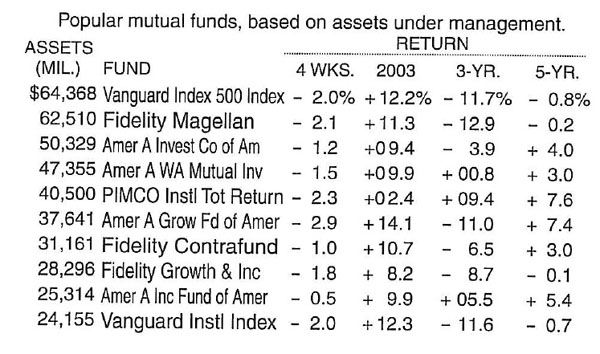Teaching:TUW - UE InfoVis WS 2007/08 - Gruppe 09 - Aufgabe 2: Difference between revisions
Jump to navigation
Jump to search
No edit summary |
No edit summary |
||
| Line 1: | Line 1: | ||
== = Structural Components of Tables === | == Aufgabenstellung == | ||
[http://ieg.ifs.tuwien.ac.at/~aigner/teaching/infovis_ue/infovis_ue_aufgabe2.html Beschreibung der Aufgabe 2] | |||
=== Zu beurteilende Tabelle === | |||
[[Image:tufte_2006_beautiful-evidence_funds.jpg]] | |||
== Critics == | |||
=== Structural Components of Tables === | |||
{{Definition|Thoughtfully designed Data and Structural Components lead to clear and efficient communication.}} | {{Definition|Thoughtfully designed Data and Structural Components lead to clear and efficient communication.}} | ||
| Line 13: | Line 21: | ||
|[Few, 2004]}} | |[Few, 2004]}} | ||
Write critic for quotation here.. | Write critic for quotation here.. | ||
Revision as of 11:39, 18 November 2007
Aufgabenstellung
Zu beurteilende Tabelle
Critics
Structural Components of Tables
Thoughtfully designed Data and Structural Components lead to clear and efficient communication.
Tables generally work best when they also contain additional text that is used to complement the categorical subdivisions and quantitative values in various ways. In Chapter 7, General Design for Communication, we noted that additional text can do the following:
- Label
- Introduce
- Explain
- Reinforce
- Highlight
- Sequence
- Recommend
- Inquire
[Few, 2004]
Write critic for quotation here..
